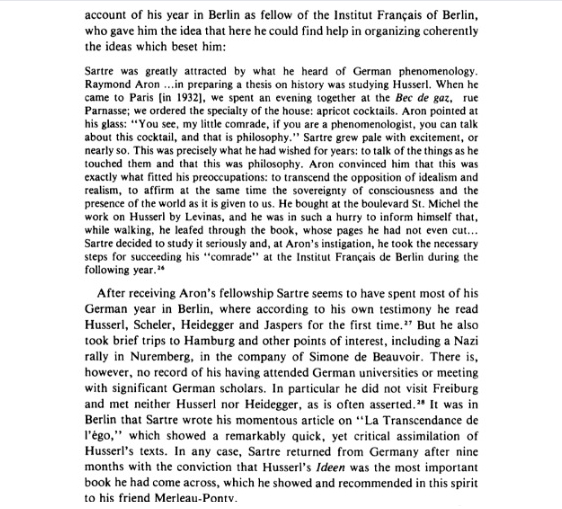The research centres CRESA and PERSONA of the Faculty of Philosophy at San Raffaele University, Milan are happy to announce the International Conference and Spring School in Philosophy
Perception and Aesthetic Experience
Starting from Noë’s Strange Tools. Art and Human Nature
San Raffaele Spring School of Philosophy 2017 (SRSSP 2017)
22-24 May
Keynote Speaker:
Alva Noë (University of California, Berkeley)
Invited Speakers:
Clotilde Calabi (University of Milan)
Vittorio Gallese (University of Parma)
Bence Nanay (University of Antwerp)
Alberto Voltolini (University of Turin)
Marco Tettamanti (San Raffaele Scientific Institute)
Overview:
What is art? Why does it matter to us? What does it tell us about ourselves? In his book Strange Tools. Art and Human Nature (Hill and Wang, New York, 2015), the philosopher Alva Noë tries to answer these questions by proposing a philosophical theory that investigates the artistic practice and the aesthetic experience in relation to many other human activities. Noë’s main idea is that the artistic practice is a re-organizational practice by means of which we put on display and investigate several organizational activities of ours, such as dancing or making pictures.
Investigating our practices, art investigates ourselves too. “Works of art put our making practices and our tendency to rely on what we make, and so also our practices of thinking and talking and making pictures, on display. Art puts us on display. Art unveils us to ourselves” (Noë 2015, 101).
However, Strange Tools is not just a book on art and artistic practice. Indeed, dealing with these topics, the author addresses also some of the main topics of his previous production: the nature of perception and the enactive proposal, the nature of pictures and representations, the extended thesis about our minds and cognitive processes, the place of neurosciences in the study of the mind, and so on.
We invite submissions by graduate and PhD students, as well as Postdocs and Experienced
Researchers, on any of the topics addressed by Alva Noë’s Strange Tools. Art and Human Nature, as well as on any related topics addressed by the author in his previous works. Submissions on aesthetics and perception from other perspectives (e.g. theories different from Noë’s one) are also very welcome.
Possible questions to investigate include (but are not limited to):
- What is perception? Can the enactive model be a good one to describe and explain how we perceive?
- Is the Extended Mind Thesis a tenable one? Should we think of a necessary limitation of such an extension?
- What is the nature of pictures and representations?
- What is art? How can we define the artistic practice and the works of art? Is Noë’s position on these topics embraceable?
- Can a neuro-aesthetic approach appropriately explain the aesthetic experience? In the negative case, should it be combined with other approaches or should it be completely rejected?
Submissions must be prepared for double blind review. Manuscripts should not contain any identifying information and they cannot exceed 4000 words (spaces and references included). Moreover, they must be accompanied by a separate cover sheet containing:
- The name of the author(s),
- Title of the submitted paper,
- The author’s affiliation (if any) and contact information,
- An abstract of no more than 250 words,
- 4/5 keywords.
For stylistic details, see http://www.phenomenologyandmind.eu/on-copyright-and-author-rights/
Submissions should be sent to socialworld@hsr.it by the 15th of February, 2017. Acceptance will be
notified by the 17th of April, 2017. Accepted papers will be selected for presentation and for publication in a related issue of Phenomenology and Mind.
Deadline for submissions: February 15th, 2017
Notification of acceptance: April 17th, 2017
Publication of the issue: July, 2018
Scientific Direction:
Roberta De Monticelli, Francesca De Vecchi, Francesca Forlè, Elisabetta Sacchi
Organizing Committee:
Bianca Bellini, Silvia Bianchi, Chiara Boldorini, Antonella Carbone, Erminio Maglione, Sarah Songhorian



